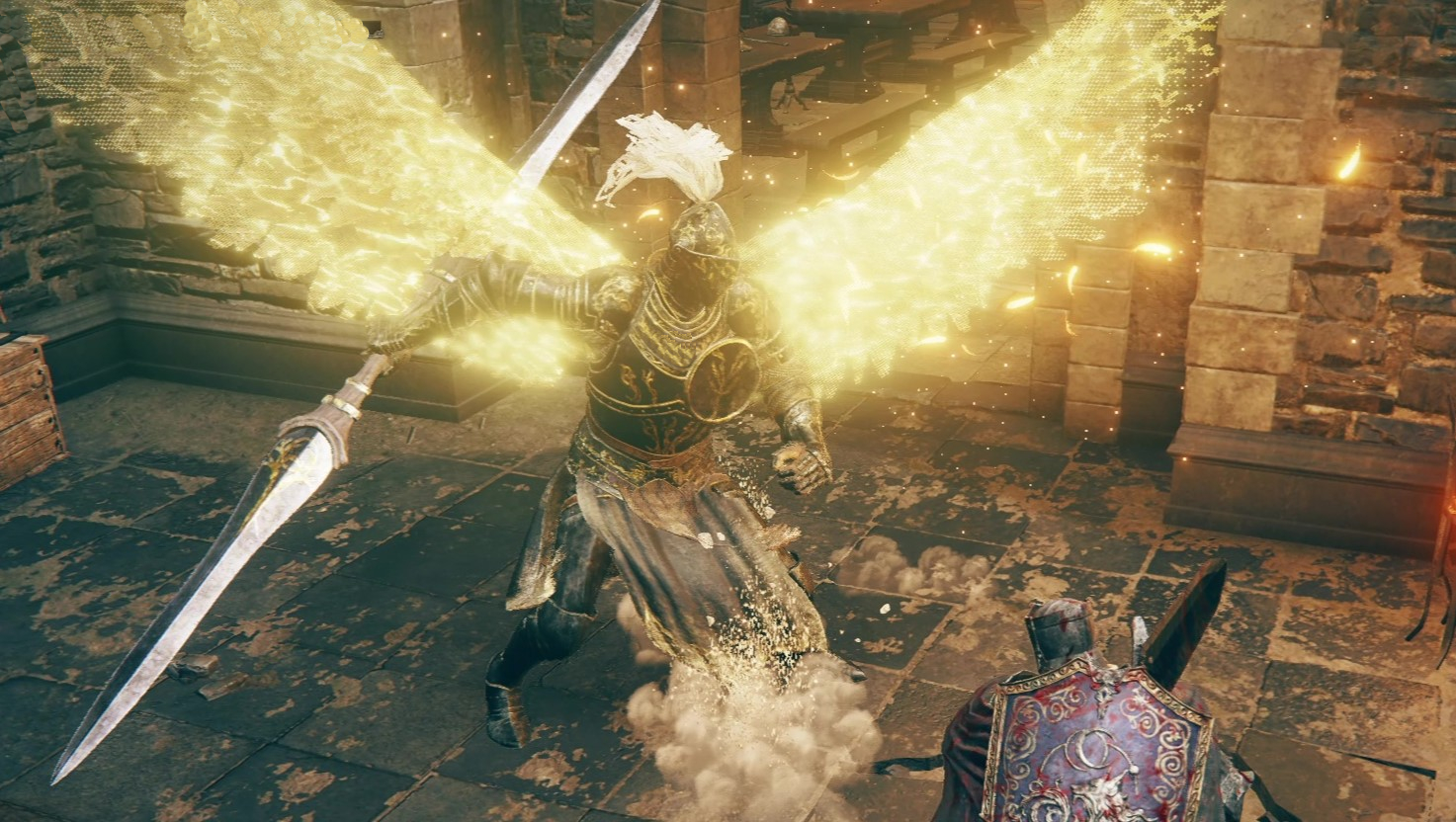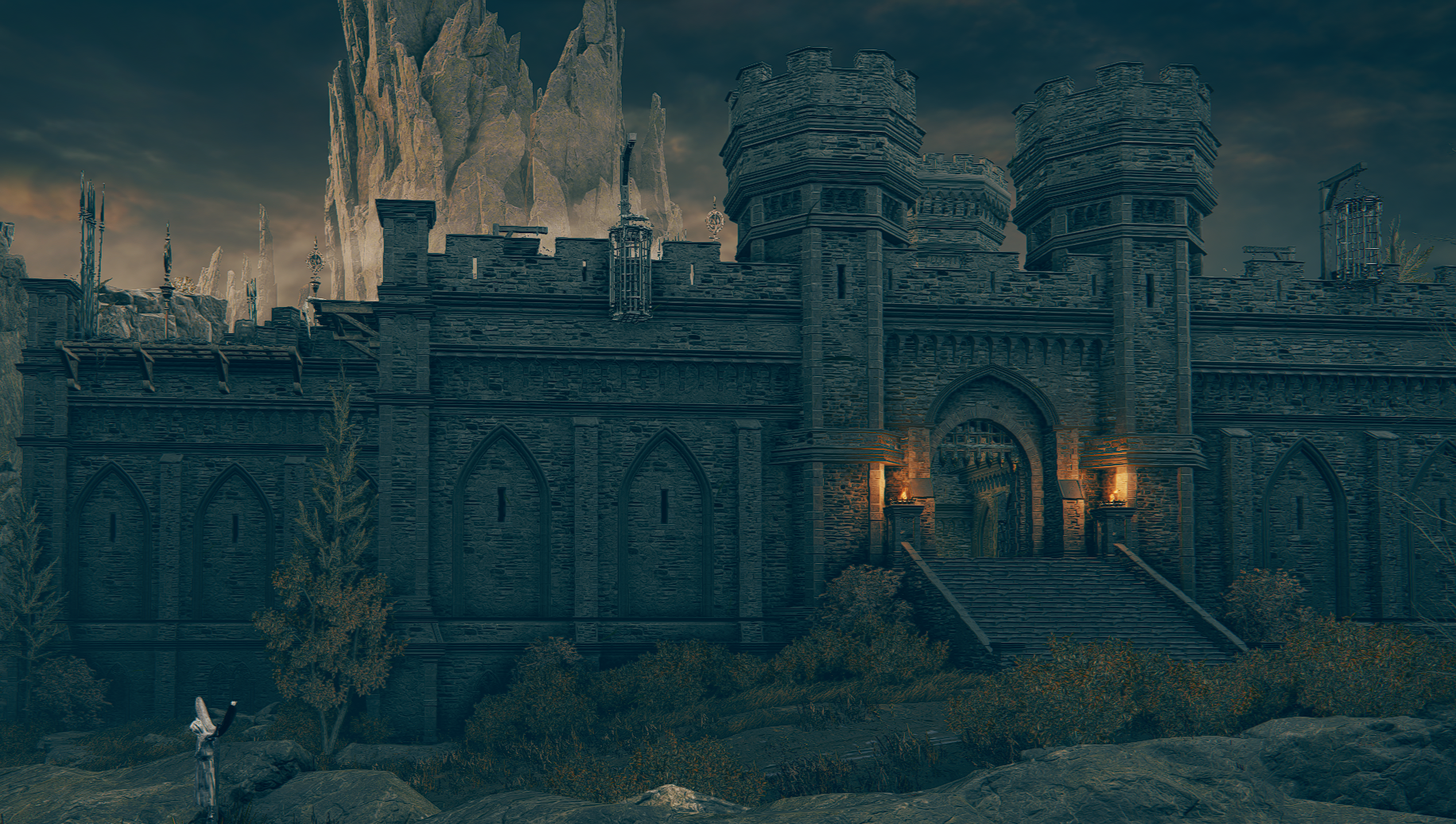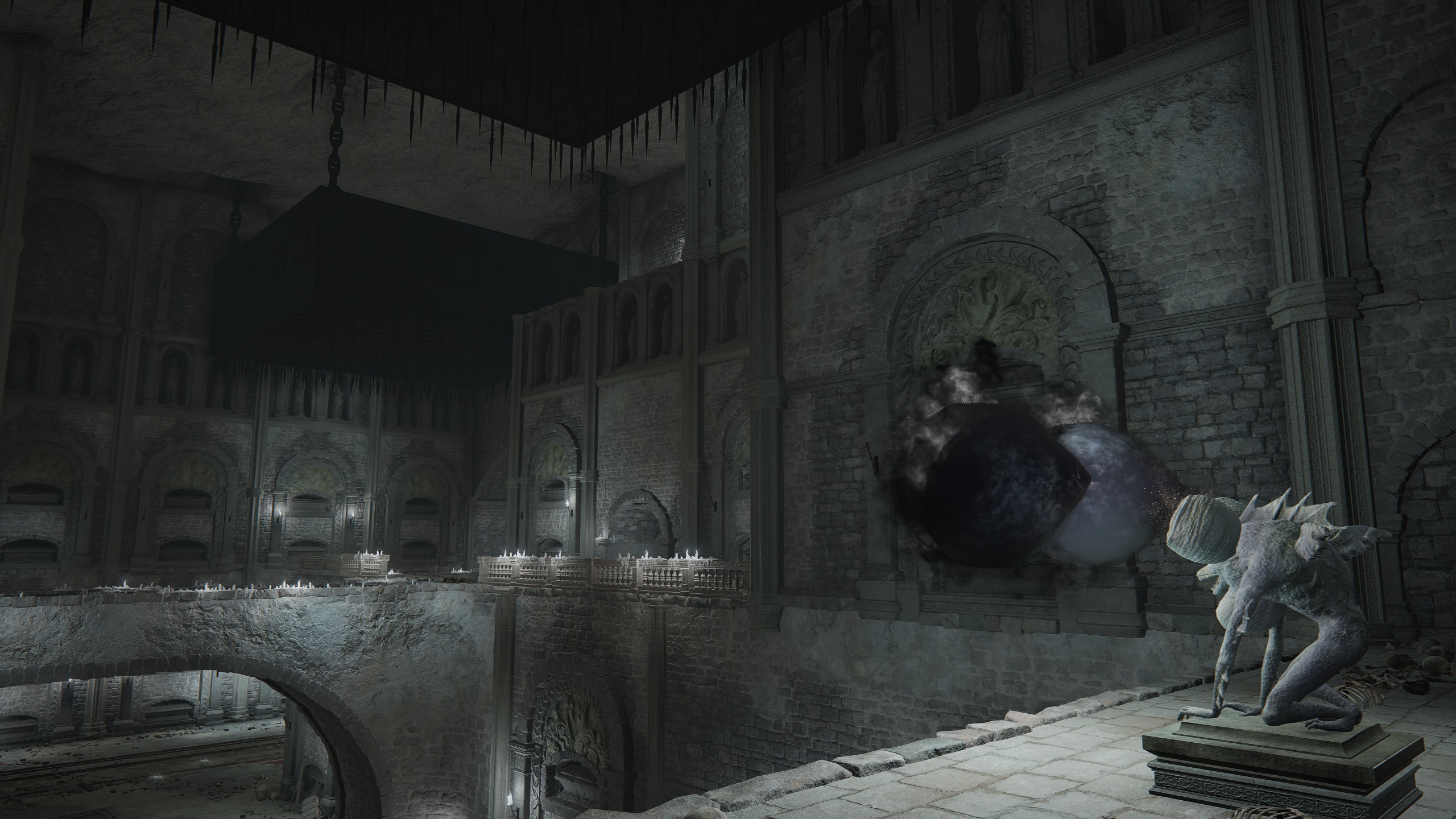- Aion Classic
- Alone in the Dark
- Baldur's Gate 3
- Cyberpunk 2077
- Dead by Daylight
- Death's Door
- Dice Legacy
- Elden Ring
- Fallout 4
- Final Fantasy X/X-2
- Going Medieval
- Gotham Knights
- Hearts of Iron IV
- Hogwarts Legacy
- ICARUS
- Palworld
- Rust
- Sifu
- Sons of the Forest
- Starfield
- Stranger of Paradise: Final Fantasy Origin
- Stray
- The Callisto Protocol
- The Elder Scrolls Online
- The Elder Scrolls V: Skyrim
- The Forgotten City
- The Outer Worlds
- The Witcher 3: Wild Hunt
- Valheim
Welcome to EIP Gaming!
EIP Gaming is a site for gamers looking for gaming guides and gaming news! We cover a variety of games including World of Warcraft, Cyberpunk 2077, Fallout 4, HOI4, Final Fantasy X/X-2, Skyrim, Valheim, The Outer Worlds, Dead by Daylight, Death's Door, The Forgotten City, ICARUS, Elden Ring, Sifu, Stranger of Paradise: FFO, Hogwarts Legacy, Starfield, Rust, Stray, Gotham Knights, Sons of the Forest, Baldur's Gate 3, and other AAA and indie game titles.
Our detailed guides will help you enhance your gaming experience, improve your gameplay, and help you gain efficiency!
Follow On Us
Recent Updates






































General Tips
Diverse Skill Set: Pick companions who offer a range of skills and abilities to handle different situations. This diversity allows your party to respond effectively to various challenges, both in combat and dialogues.
Complementary Abilities: Your companions should have abilities and skills that complement your main character’s strengths and weaknesses. If your character is weak in a particular area, choose a companion strong in that aspect.
Party Balance: A balanced party typically includes a tank (a character who can absorb damage), a healer (a character who can restore health), a damage dealer (a character who can inflict high damage), and a utility character (a character with useful skills and abilities for exploration and interaction).
Personal Preferences: Consider your play style and preferences. If you enjoy stealth and subterfuge, pick companions who excel in these areas. If you prefer direct combat, choose companions who are strong and resilient.
Best Companions
Shadowheart: As a High Half-Elf Cleric, she is an excellent support and healer. She is crucial if your main character isn’t a healer.
Astarion: The only Rogue companion, offering sub-DPS and utility in exploration. He is valuable for lockpicking, thievery, and stealth.
Gale: As a Human Wizard, Gale is a primary DPS and ranged caster, providing valuable offensive capabilities and social interaction skills.
Lae’zel: A Githyanki Fighter, great for tanking and dealing close-range damage. She is a solid choice if you need a character to absorb damage and lead the charge in combat.
Considerations
Party Synergy: Make sure the companions work well together, not just with your main character. Sometimes the interpersonal dynamics between companions can affect the game’s narrative and the effectiveness of your party in combat.
Adaptability: The game’s challenges may change as you progress, so be prepared to switch companions based on the evolving needs of your party and the tasks at hand.
Experimentation: Don’t be afraid to experiment with different companions to see who works best for your play style and strategy.
Remember, the “best” companions often depend on your character, play style, and personal preference. Always be open to adjusting your party as you play through the game.